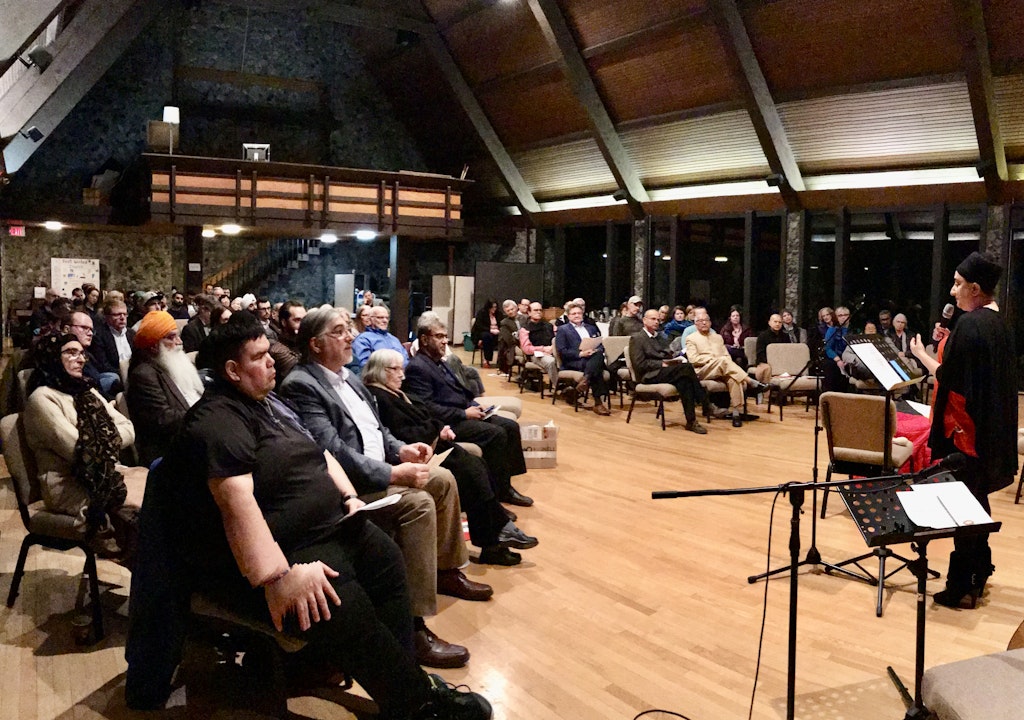The disparity between wealth classes, particularly the concentration of wealth within the uppermost echelon of society, often incites fervent discussions regarding economic dynamics, ethical stewardship, and sustainable development. The Baha’i teachings offer a profound lens through which to examine the implications of this wealth concentration, illuminating pathways toward equitable social structures and moral accountability.
At the heart of Baha’i philosophy lies the principle of unity. Baha’is advocate for a world where diversity is celebrated yet harmonized under shared values and collective objectives. The chasm between the affluent and the impoverished serves as a critical point of reflection, prompting an inquiry into the underlying ethical implications of wealth accumulation. It is not merely the presence of wealth that brings scrutiny, but the manner in which it is acquired, utilized, and distributed.
Baha’i scripture emphasizes the importance of justice and equity in societal structures. Wealth, in the teaching, is not an isolated entity but rather a communal resource. The notion that “the earth is but one country and mankind its citizens” starkly challenges individuals to reconsider the implications of their financial decisions. This perspective calls for the wealthy to act as responsible stewards of their resources—encouraging philanthropy, investment in community development, and the fostering of opportunities for those less fortunate.
Furthermore, the Baha’i understanding of wealth transcends mere material accumulation. It encompasses intellectual, spiritual, and social dimensions. The Baha’i approach posits that true wealth is not solely measured in financial terms, but in the enrichment of human capital, the cultivation of moral virtues, and the advancement of collective well-being. Such a holistic view fosters a deep sense of responsibility among those who possess material wealth—to leverage it toward transformative societal engagements.
One observes a certain fascination with the lifestyles of the wealthy, often characterized by opulence, luxury, and the accumulation of status symbols. This allure, however, belies a more profound existential inquiry regarding the purpose and utility of such wealth. Baha’i teachings urge adherents to interrogate the intrinsic value of wealth amassed without regard for communal upliftment. The precept that “wealth is like a sea; if it rises, it should be shared” starkly emphasizes the obligation to disperse societal benefits equitably across communities.
Moreover, the socioeconomic stratification observed in many contemporary societies is viewed through the prism of systemic injustice. Baha’i principles advocate for the dismantling of barriers that perpetuate economic disparity, rather than an unqualified acceptance of wealth inequality as a natural condition. As such, the teachings promote socio-economic systems that prioritize fair remuneration for labor, equitable access to education, and opportunities that empower individuals to participate fully in societal progress.
The phenomenon of the “one percent”—a term often associated with economic dominance—serves as a reminder of the asymmetries present in global economic frameworks. Baha’is recognize that while some individuals may possess extraordinary fortunes, the systemic conditions facilitating such concentrations of wealth frequently operate on principles that are antithetical to justice and equity. Addressing these conditions requires critical evaluation and systemic reform, changing the paradigm from individual enrichment to communal flourishing.
From a Baha’i vantage point, ethical imperatives dictate that the privileged few leverage their position to ameliorate the conditions of the marginalized. Invoking the principle of service, Baha’i teachings inspire those in positions of wealth to adopt roles as benefactors of society—expanding opportunities for the disenfranchised and investing in initiatives that promote education, health, and social services. The transformative potential of such benevolence is immense, fostering hope, dignity, and resilience among communities in need.
In addressing the complexities surrounding wealth and its distribution, Baha’i thought invites a reexamination of societal values. The recurrent theme of interconnectedness urges individuals to reconsider conventional notions of success. Success, in this context, is not merely defined by personal achievement but rather by one’s contributions to the collective good. Such a reframing offers a pathway toward more compassionate and holistic economic models that elevate human dignity above material gain.
Moreover, Baha’i teachings underscore the essential nature of cooperation and collaboration in addressing the socio-economic challenges that arise from wealth disparities. Collective action, particularly among those in positions of financial power, is critical for the establishment of equitable societal structures. In this effort, Baha’is emphasize the power of cooperative enterprise and collaborative governance to ensure that wealth serves humanity at large rather than the self-interest of a select few.
Ultimately, the Baha’i perspective on the wealth of the one percent transcends mere critique of economic inequality; it embraces a vision of humanity united in purpose. The faithful application of Baha’i teachings encourages individuals to use wealth as a tool for societal progression and development. By recognizing the deeper ethical responsibilities associated with wealth, society can advance toward a more just, equitable, and harmonious future—one where the potential of every individual is harnessed for the collective advancement of humankind.
